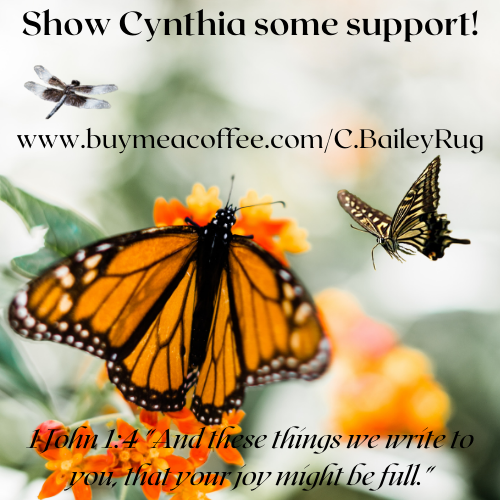When I first started learning about narcissistic abuse, I learned that the children of narcissists were given roles in their family. Today I want to explain them.
The scapegoat is a common role among children of dysfunctional families. The scapegoat is the child who is blamed for all of the problems in the family. The black sheep who doesn’t fit in with the family, the scapegoat is usually the only one willing to face & discuss the truth about the family’s dysfunction. Rather than recognize the truth in what the scapegoat has to say, dysfunctional families try to shut him or her down & shun this person. The family feels good about themselves, because in their opinion, they look fantastic in comparison to the scapegoat who is obviously bad, delusional, irrational, oversensitive & more. The scapegoat is the one who is the most likely to break the pattern of dysfunction & escape the toxicity of their family. If the scapegoat works on their mental health, they are also likely to be kind, caring people willing to help others & no longer tolerating abuse. They are the most likely ones to be happy in their lives even without their family.
The golden child is another common role of children from dysfunctional families. The exact opposite of the scapegoat, golden children can do no wrong. They often are the oldest in the family, they achieve goals & gain recognition that the family believes prove their family is good & successful. The golden child also is often very controlling, has a deep fear of failure, is a workaholic, lacks a sense of humor, isn’t likely to have fun & can be narcissistic but at the very least, is quite arrogant. They love the attention they get in their golden child role. They also believe that success is measured in their accomplishments or money earned.
Another role among children of dysfunctional families is the lost child. This child is the one who gets ignored. They aren’t as “bad” as the scapegoat, but also are clearly not as “good” as the golden child. They don’t attract much attention with either exceptionally good or bad behavior. Instead, they fade into the background. They may try hard to fit in with the rest of their family by mirroring their feelings, beliefs & interests, but they don’t actually feel like this. The lost child may start out as a golden child or scapegoat, but turn into the lost child if siblings are born after them. They may be talented & creative people, but don’t share that side of themselves easily, especially without focusing on their healing.
The family clown is another role of children in dysfunctional families. This one acts light hearted, is funny, often jokes around & is quite immature. The family clown breaks tension with humor, even if it’s not that funny or is inappropriate. Anything to lighten the mood, avoid the issues of their dysfunctional family or avoid their own pain is fine by them, even if it makes them look bad. They also use this humor to hide their own pain from others. They’re also quite slow to do normal things such as move out on their own, they prefer to follow others than lead, they blame others for problems in their family or in their own lives & in many ways, they never grow up unless they focus on their healing. Then, they finally grow up, build others up & get in touch with their emotions.
There is also the family screw up. They are similar to the scapegoat. The family screw up can do nothing right, trying hard yet always failing. They aren’t to blame for all of the problems in the family, but they are to blame for at least some of them. They accept this role so completely, that they will self sabotage just to meet their family’s expectations of them. They are very self sacrificing for their family. As adults, they expect their spouse & children to be just as self sacrificing for their family. If they focus on their healing however, they are similar to the scapegoat. They see the truth & will tell it.
I hope learning about these roles helps you on your healing journey!



You must be logged in to post a comment.